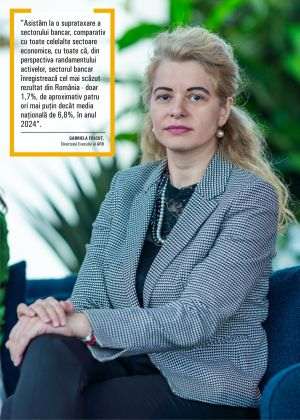Things are moving in the field of education. While there's still no certainty that the direction is correct, it's clear that several projects have been implemented recently. The number of school counselors has increased by 50%, stated the Minister of Education, Ligia Deca, who reiterated that the new Pre-University Education Law includes a series of reforms for inclusive education: "If we don't have inclusion in schools, we won't have it in society as a whole. (...) We've increased the number of school counselors by 50%, and the new Pre-University Education Law includes several reforms for inclusive education: resource rooms for educational support, curriculum adaptation, and complementary services for four levels of support, the National Integrated Program for Reducing School Dropout being just a few of them. It's important in implementing these reforms to learn from what has worked and from the mistakes of the past. I rely on the directors of the centers to identify what we can do in the short term and what is needed in the long term."
Deca emphasized that education for inclusion is a necessity: "Education for inclusion is a necessity, and I trust that together, specialists and the entire school community, we will succeed in supporting each student with what they need - for the benefit of our children and for the entire society." Last week, a meeting of the directors of the County Centers for Resource and Educational Assistance took place in Bucharest, organized by the Ministry of Education with the support of the European Union and the Council of Europe.























































